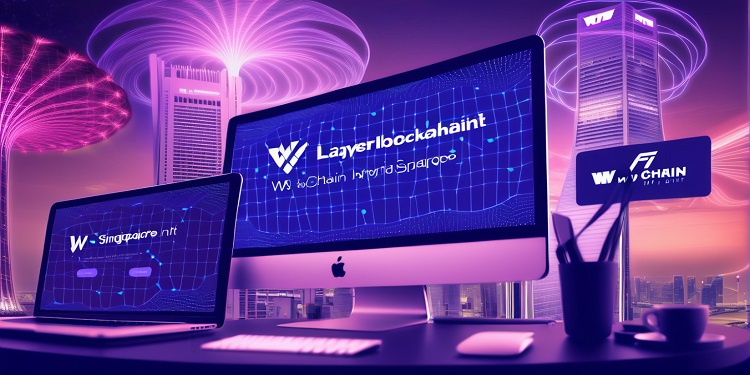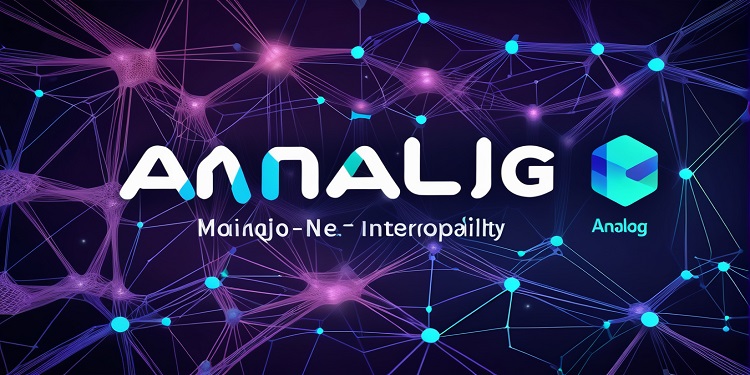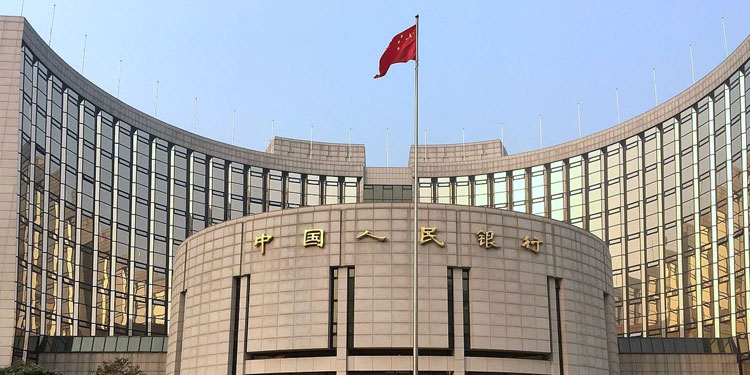 The Algorand Foundation has set aside 250 million ALGO tokens, worth ~$43 million, to be given as grants to encourage development of the Algorand blockchain.
The Algorand Foundation has set aside 250 million ALGO tokens, worth ~$43 million, to be given as grants to encourage development of the Algorand blockchain.
Fangfang Chen, head of Algorand Foundation’s head of operations, stated that the funds will be given to “qualified investors across four major categories: innovative research, development tools for the Algorand blockchain, use cases for decentralized applications (Dapps) […], and education and community initiatives.”
Chen stresses that the grants are aimed at achieving Algorand Foundation’s vision for a “borderless economy:”
“In this vision, we see a global economy that is able to function in a frictionless way, enabling everybody to participate in the global economy, no matter where they are based. The goal of the 250M ALGO Grants Program is to encourage innovation and learning that achieves this vision of a borderless economy.”
Chen gives multiple examples of ventures that the foundation trusts to be paving way for borderless economy, including decentralized finance (DeFi) covenants, social media embedding, digital identity, logistics management and asset tokenization.
Chen further stated:
“In addition, we will also look to support innovation around infrastructure and middleware that further enables and simplifies the creation of end-user applications.”
The Algorand Foundation, along with the announcement of the program, has also revealed its initial three recipients of awards.
This includes Bloq, a “multi-blockchain infrastructure provider” that creates Algorand APIs and nodes, PureStake AlgoSigner, an open-source browser plug-in permitting coders to embed ALGO payments with their apps and without placing private keys of users at risk, and Reach, a development platform structured to simplify the development of Dapps on the Algorand blockchain.
Chen pointed out that two recipients got in touch with the foundation via its Development Awards program, which is a forerunner to the grant program unveiled in the final leg of 2019, while the third contacted the foundation directly to negotiate a collaboration.
Derek Yoo, PureStake Algosigner’s CEO, expressed his happiness for getting selected:
“We are pleased to have been selected by the Algorand Foundation for a grant that lets us break down barriers between token holders, application developers, and the blockchain network itself.”
Chen underlines that the disbursement of the 250 million ALGO, almost 10% of Algorand’s prevailing circulating supply, will be “open-ended.” The program intends to disburse funds as per “the quality and quantity of submissions.”
Even though the foundation aims to award a maximum of 2 million ALGO ($345,500) per venture, applicants looking for greater amount will be looked individually.
Of late, several high-profile blockchain ventures have unveiled grants award programs to encourage advancement.
By the end of March, open-source payment network Celo (cGLD) revealed that it had awarded $700,000 as grants to 16 blockchain firms intending to develop applications on the Celo platform.
A week earlier, interoperable blockchain venture Ark unveiled approximately $150,000 grants program for ventures employing its technology stock.
On March 19, blockchain platform Tezos released its bi-annual report, disclosing that it had granted $37 million during the second half of 2019.








